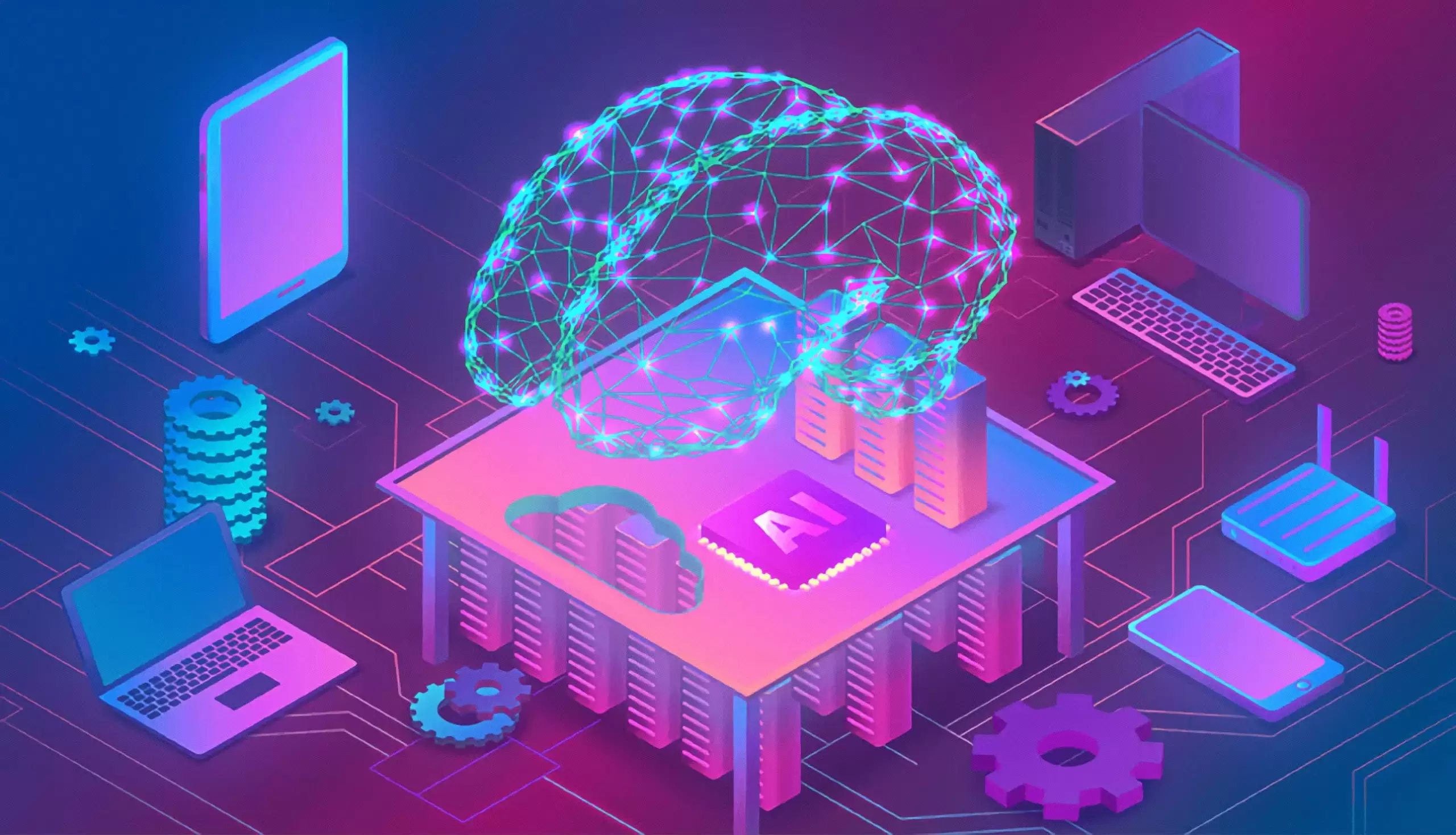The robots are coming! Or are they already here? McKinsey’s latest report for 2025 paints a clear picture: Artificial Intelligence (AI) is no longer a futuristic fantasy; it’s rapidly becoming an integral part of our daily work lives. But instead of a dystopian takeover, the reality is shaping up to be more about augmentation and evolution – and understanding this shift is crucial for everyone.
The Big Picture: AI is Everywhere (But Not How You Think)
By 2025, AI isn’t just confined to sci-fi movies or specialized tech departments. It’s weaving its way into everyday tools and workflows, often invisibly. Think of it less like Rosie the Robot taking your job and more like having a super-smart assistant embedded in your software.
Key Takeaways You Need to Know:
- AI is Automating Tasks, Not Entire Jobs (Mostly): The report emphasizes that while AI will automate many routine and repetitive tasks, it’s less likely to completely replace entire job roles in the immediate future. Instead, it’s freeing up human workers to focus on more strategic, creative, and interpersonal aspects of their work.
- New Roles Are Emerging: Just as the internet created new jobs, so too will AI. We’re already seeing the rise of roles like AI trainers, prompt engineers, and AI ethicists – jobs that focus on building, managing, and ensuring the responsible use of AI.
- Skills are Shifting: The skills in demand are changing. While technical AI expertise will be crucial, so will uniquely human skills like critical thinking, complex problem-solving, creativity, and emotional intelligence. These are the areas where humans will continue to excel and collaborate with AI.
- The Human-AI Partnership is Key: The most successful workplaces will be those that foster strong collaboration between humans and AI. Think of AI as a powerful tool that augments human capabilities, allowing us to achieve more than either could alone.
- Upskilling and Reskilling are Non-Negotiable: To thrive in the age of AI, continuous learning is essential. Both individuals and organizations need to invest in upskilling and reskilling initiatives to prepare the workforce for the changing demands of the job market.
- Ethical Considerations are Paramount: As AI becomes more integrated into the workplace, ethical considerations around bias, privacy, and transparency are becoming increasingly important. Organizations need to establish clear guidelines and principles for the responsible development and deployment of AI.
What This Means for You (Whether You’re a CEO or an Entry-Level Employee):
- Embrace Lifelong Learning: Be proactive about developing new skills, especially those that complement AI capabilities.
- Focus on “Human” Skills: Hone your critical thinking, creativity, communication, and emotional intelligence – these will be increasingly valuable.
- Be Curious About AI: Don’t be afraid to explore and understand how AI tools can enhance your work.
- Organizations Need to Invest in Their People: Provide training and support to help employees adapt to the AI-driven workplace.
- Leadership Needs to Set the Ethical Tone: Ensure AI is being used responsibly and in a way that benefits both the organization and its employees.
The Bottom Line: A More Augmented, Not Automated, Future
The AI revolution in the workplace for 2025 isn’t about robots stealing our jobs. It’s about a fundamental shift in how we work, with AI acting as a powerful partner. By understanding these key trends and proactively adapting our skills and strategies, we can navigate this new landscape and unlock a more productive, innovative, and ultimately more human-centered future of work. The key is to embrace the change and focus on the power of the human-AI collaboration.
Click here to read more: AI in the workplace: A report for 2025 | McKinsey
To thrive in the evolving AI-driven workplace and gain the strategic understanding and technical skills needed to navigate the robot revolution effectively, register for our MSc in Artificial Intelligence by clicking this link: https://next.lk/msc-artificial-intelligence/.



